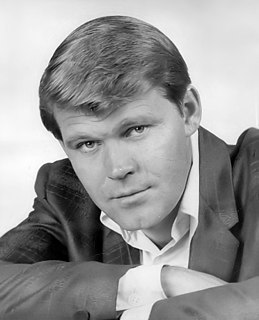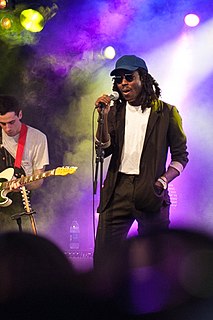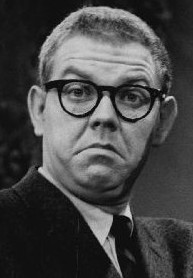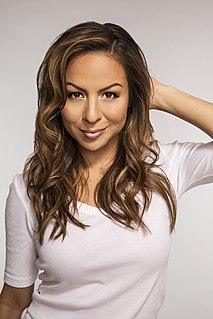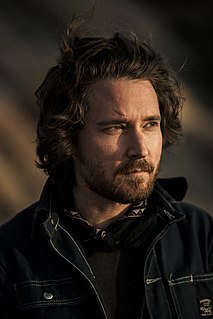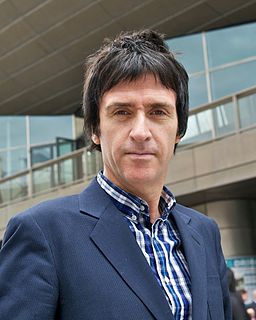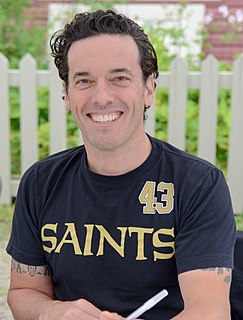A Quote by Carl Reiner
I only please myself. I figure I'm just one of many people. I'm not that different from anybody else and I don't have great language - I'm very ordinary.
Related Quotes
I've quit writing screenplay [adaptations]. It's too much work. I don't look at writing a novel as work, because I only have to please myself. I have a good time sitting here by myself, thinking up situations and characters, getting them to talk - it's so satisfying. But screenwriting's different. You might think you're writing for yourself, but there are too many other people to please.
I'm pushing myself in other, slower directions. Some of the stuff that I'm writing is not necessarily so speedy; it's a different kind of intense that I'm going for now, a more focused intensity. It's good to look at what you've done and think, "What have I not done?" That's why so many artists that have longer careers do change, and sometimes very abruptly, because if you're not interested, how the hell is anybody else supposed to be? If you're bored, everyone else is going to be too.
I don't particularly care about having [my characters] talk realistically, that doesn't mean very much to me. Actually, a lot of people speak more articulately than some critics think, but before the 20th century it really didn't occur to many writers that their language had to be the language of everyday speech. When Wordsworth first considered that in poetry, it was considered very much of a shocker. And although I'm delighted to have things in ordinary speech, it's not what I'm trying to perform myself at all: I want my characters to get their ideas across, and I want them to be articulate.
The difference between ordinary and extra-ordinary is so often just simply that little word - extra. And for me, I had always grown up with the belief that if someone succeeds it is because they are brilliant or talented or just better than me... and the more of these words I heard the smaller I always felt! But the truth is often very different... and for me to learn that ordinary me can achieve something extra-ordinary by giving that little bit extra, when everyone else gives up, meant the world to me and I really clung to it.
I met my manager when I was 17, when I didn't have enough money to buy a set of guitar strings. There are not very many people who are looking out for you and being in business with you when you're at that stage. And it's not in my nature to think that success as a musician makes you any different from anybody else.
It always fascinates me how you can get so much joy listening to another person, when me, personally, I can only listen to myself and my music these days. I've got some people in my iPod, but I only listen to myself. I'm folding into myself and I used to think that that was what you're supposed to do - you're supposed to reject everyone else and figure out who you are. You get little shards and points of reference, but that's how you confirm that only you know what is right for you. Everything else is pollution. What's starting to happen to me is sort of an identity crisis.

